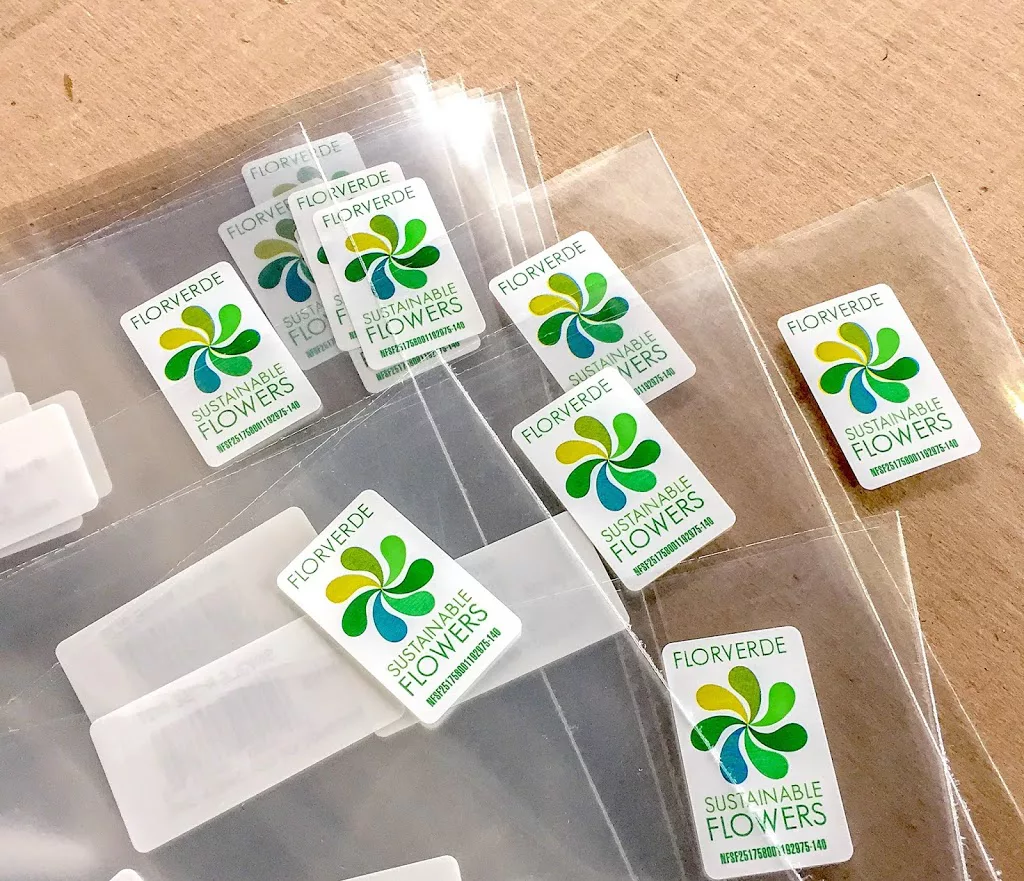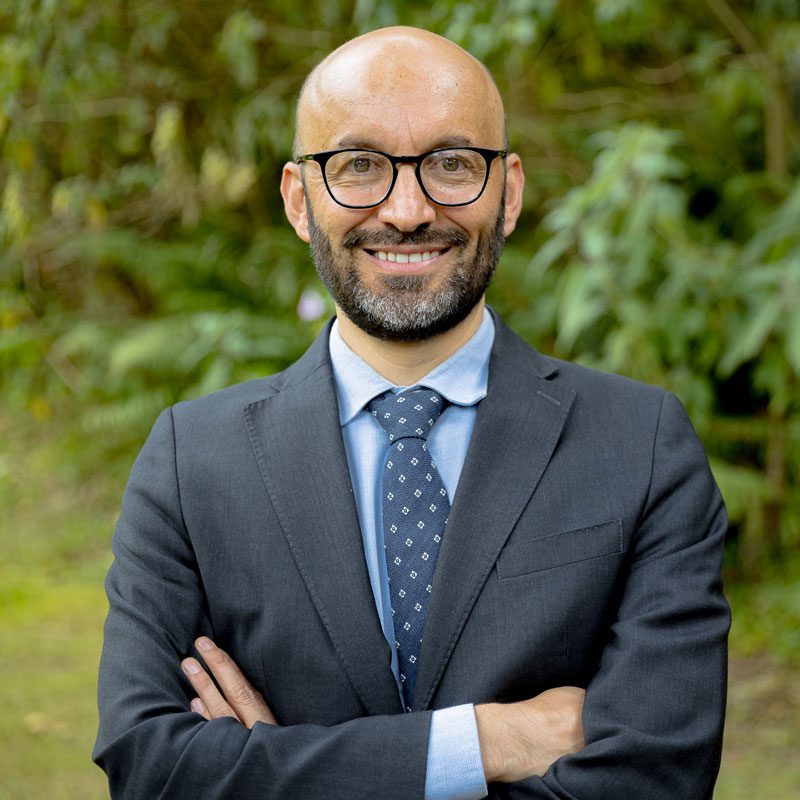Posted on septiembre 2, 2019 by Monica Vera
In this new series of technical comparisons with other certifications standards, we will focus on the benchmarking between Florverde Sustainable Flowers and Fairtrade International – Hired Labour; exclusively on the social criteria of both.
For this exercise we are going to analyse both certifications based on the criteria covered for each standard compared to the Global Social Compliance Programme (GSCP) for social criteria.
The GSCP is a program created by the United Nations Global Compact and offers a global platform to promote the exchange of knowledge and best existing practices in order to build comparability and transparency between existing social compliance and environmental compliance systems. To this effect, the GSCP has developed a set of Reference tools and processes that describe best existing practices and provide a common interpretation of working and environmental requirements and their implementation. This approach will enable mutual recognition between existing systems, using the GSCP Reference tools as a benchmark throughout the Equivalence Process.
We are going to use only the GSCP social criteria to develop our analysis.
Florverde Sustainable Flowers and Fairtrade
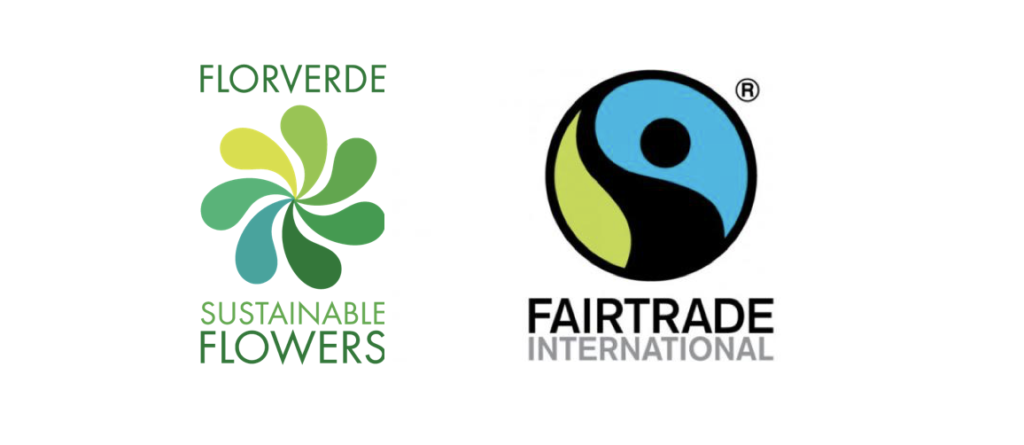
The Fairtrade Labelling Organizations International (FLO) is an association consisting of 3 producer networks and 21 national labelling initiatives that promote and market the Fairtrade Certification mark in their countries.
Fairtrade aims to protect and benefit workers on flowers farms by certifying those farms which ensure safety and good working conditions for their employees.
The most important thing is that Fairtrade is mainly a social standard that includes a minimum rate and a Fairtrade premium for the companies interested in obtaining the FLO label.
On the other hand, the Florverde Sustainable Flowers certification benefits the farms workers in a number of ways. First, it ensures that certified growers meet basic labour conditions as set by the International Labour Organization and national laws. This includes no discrimination, abuse, forced labour or child labour. It also sets a maximum number of working hours per week, requires farms to submit evidence of freedom of association, and promotes worker training and development.
Moreover, 100% of FSF certified farms guarantee social security coverage for workers. Beyond compliance, the FSF standard also encourages growers to support projects that benefit local communities, such as food security programmes, day care centres or housing subsidies.
The Sustainability Map, an initiative of the United Nations’ International Trade Centre gathers information from more than 200 certifications worldwide, allowing for their online comparison; hence, giving the user an idea about the robustness of the standard in question.
The Standards Map tool yields the following results that allow us to visualize the differences in the contents of the FSF and FLO standards, using the GSCP social criteria as a reference for this comparison:
The graphs below show the percentage of compliance in terms of the social, the management, and the ethics criteria of each standard in comparison to the criteria defined by GSCP:
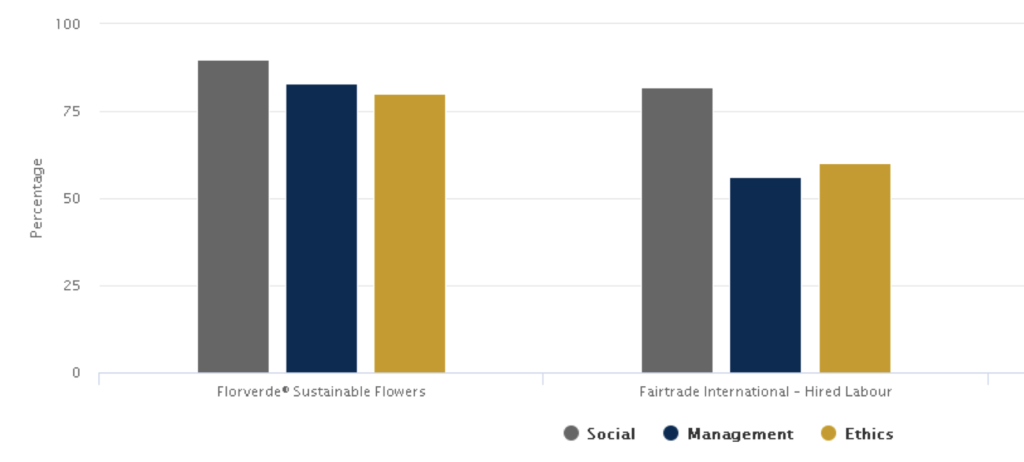
Source: The Sustainability Map
In the graphs below you can find the compliance of each standard’s requirements inspected under the social criteria of GSCP on the Sustainability Map:
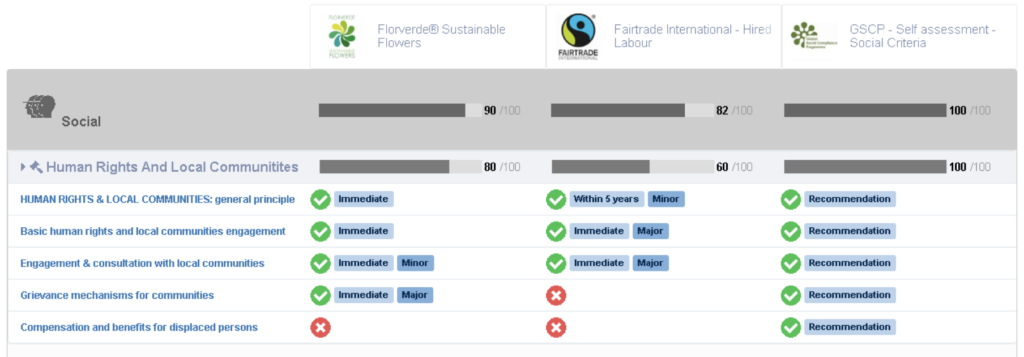
Social comparisons FSF – FLO – GSCP

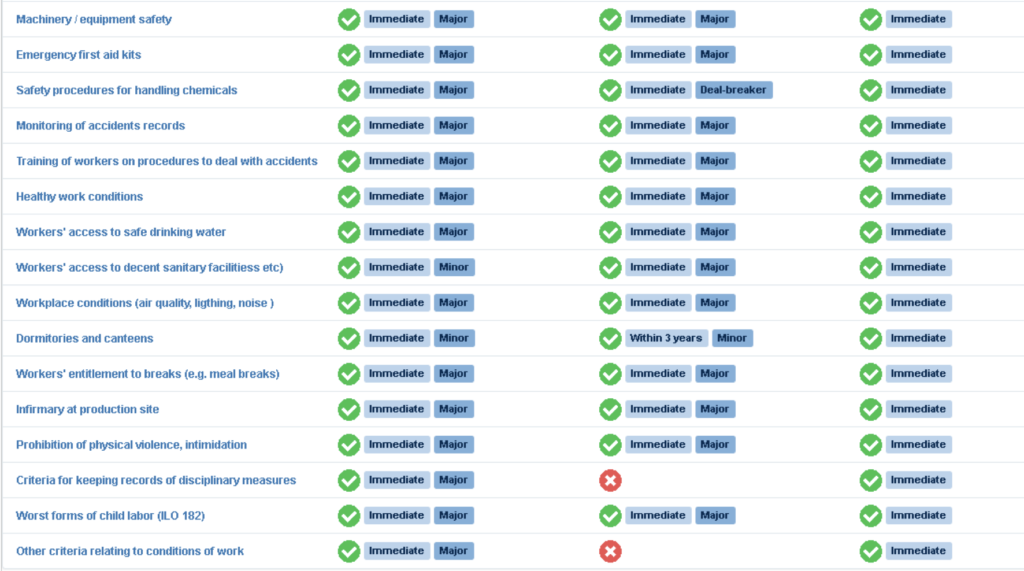
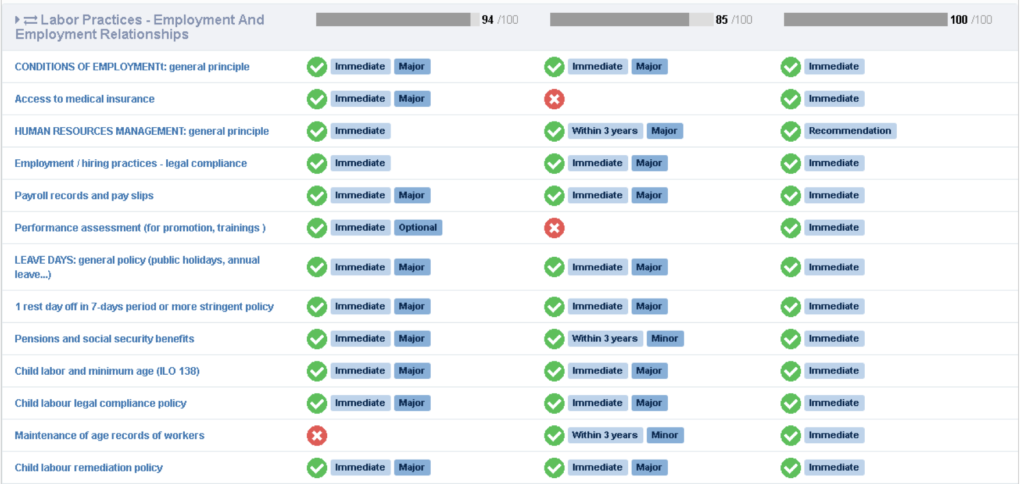
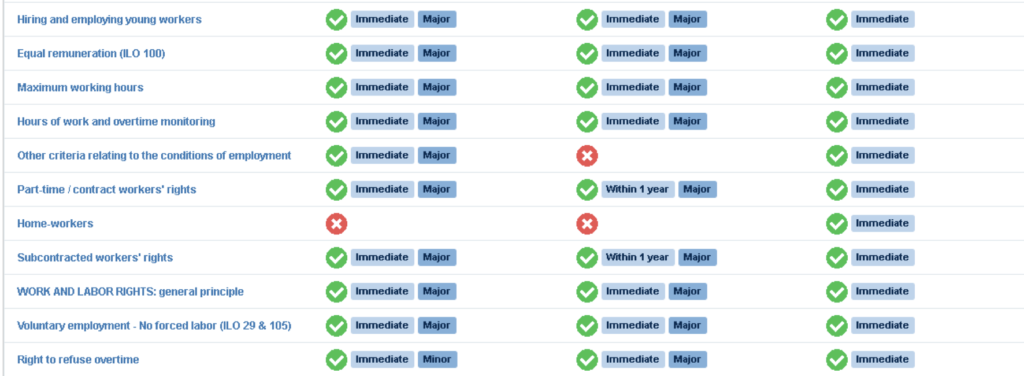
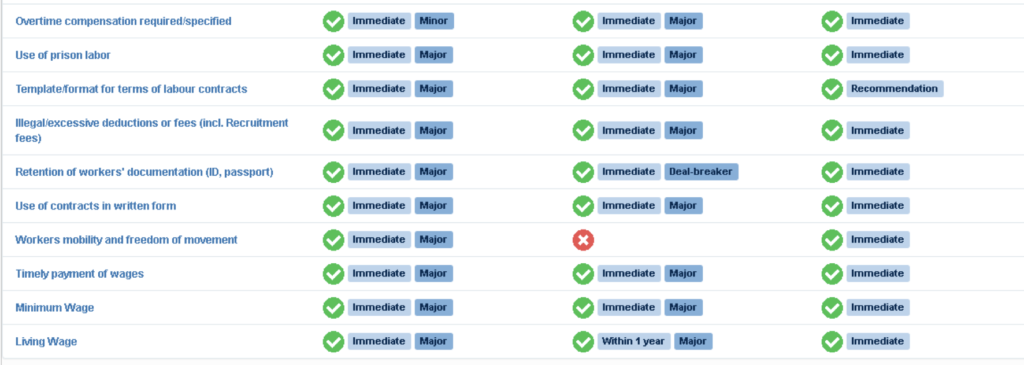
Florverde Sustainable Flowers, with 22 years of experience, counts on one of the most robust standards which is specifically aimed at the production of flowers and ornamentals. It covers social, environmental, labour, and production quality aspects of the products.
When compared to other standards, it is easily seen why Florverde Sustainable Flowers is the label only for the best.
To find out more about the requirements to obtain the Florverde Sustainable Flowers certification, visit our website: www.florverde.org.


